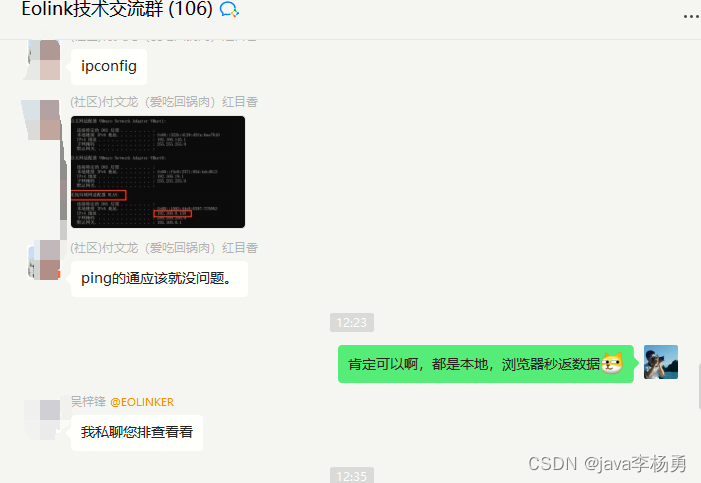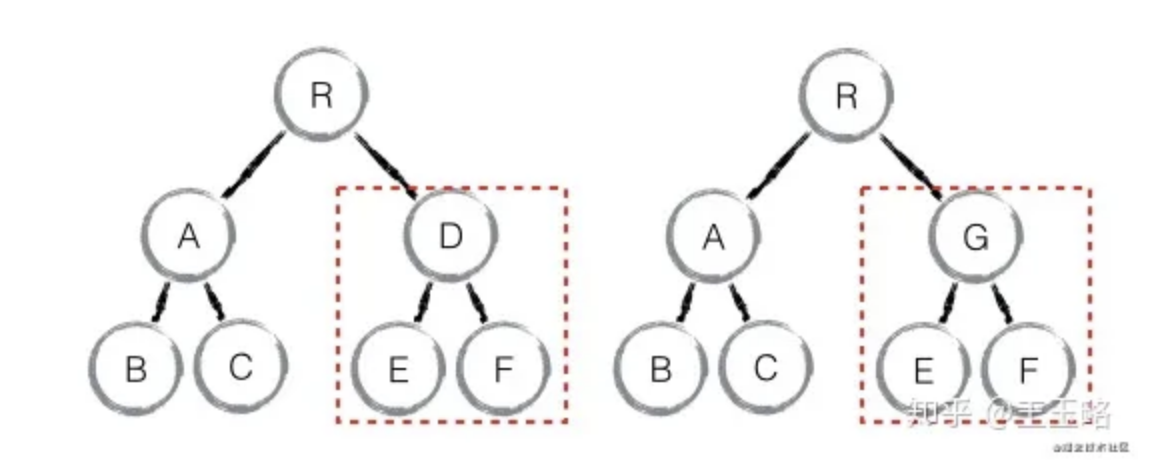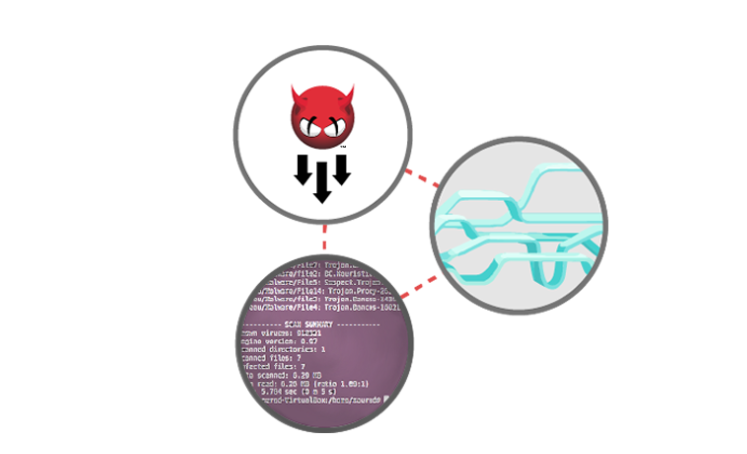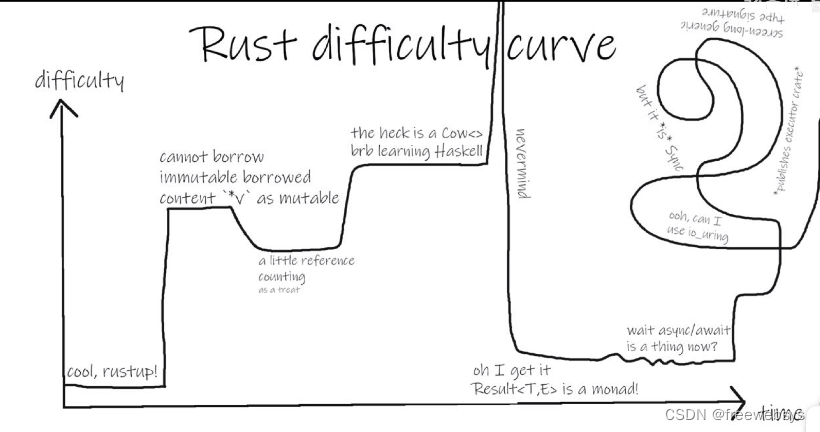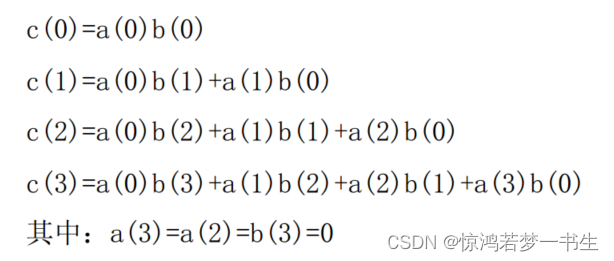目录
- 概述
- Cookie基本使用
- Cookie原理
- Cookie 存活时间
- Session基本使用
- Session原理
- Session使用细节
- Seesion 销毁:
- Cookie和Session的对比
- 最后
概述
会话:
用户打开浏览器,访问web服务器的资源,会话建立,直到有一方断开连接,会话结束。在一次会话中可以包含多次请求和响应
HTTP协议是无状态的,每次同一浏览器向服务器请求时,服务器都会将该请求视为新的请求,因此我们需要会话跟踪技术来实现同一会话内数据共享
实现方式:
- 客户端会话跟踪技术:Cookie
- 服务端会话跟踪技术:Session
Cookie基本使用
Cookie原理
Cookie的实现是基于HTTP协议的
- 响应头:set-cookie
- 请求头:cookie
Cookie 存活时间
- 默认情况下,Cookie 存储在浏览器内存中,当浏览器关闭,内存释放,则Cookie被销毁
- setMaxAge(int seconds):设置Cookie存活时间,但是是秒
- 正数:将 Cookie写入浏览器所在电脑的硬盘,持久化存储。到时间自动删除
- 负数:默认值,Cookie在当前浏览器内存中,当浏览器关闭,则 Cookie被销毁
- 零:立即过期
@WebServlet(value = "/a")
public class AServlet extends HttpServlet {
/*
cookie细节:
1.tomcat在8之后支持cookie的中文,但是不支持空格
我们通过URL编码方式来传入空格
2.设置cookie的过期时间
setMaxAge(int i)
如果传入正数就是多少秒后失效,保存在硬盘
传入负数(默认)浏览器关闭后失效,保存在内存
传入0 :立即失效
*/
@Override
protected void doGet(HttpServletRequest request, HttpServletResponse response) throws ServletException, IOException {
//get请求
//传入空格 报错
String name = "zhang san";//java.lang.IllegalArgumentException: Cookie值中存在无效字符
//解决,URL编码
name = URLEncoder.encode(name,"utf-8");
//新建一个cookie
//Cookie cookie = new Cookie("name","zhangsan");
Cookie cookie = new Cookie("name",name);
//cookie存活时间(一般看到用long修饰就是毫秒,用int就是秒)在这个cookie单位是秒
cookie.setMaxAge(60*60);
//发给客户端
response.addCookie(cookie);
}
@Override
protected void doPost(HttpServletRequest request, HttpServletResponse response) throws ServletException, IOException {
//post请求
doGet(request, response);
}
}
@WebServlet(value = "/b")
public class BServlet extends HttpServlet {
/*
浏览器发送一个请求到服务端,服务端创建一个cookie,用response将cookie放在响应头的set-cookie中
浏览器看到set-cookie,将cookie解析出来,保存在浏览器
下一次访问将cookie放在请求头中的cookie中
实现数据的共享。
*/
@Override
protected void doGet(HttpServletRequest request, HttpServletResponse response) throws ServletException, IOException {
//get请求
//获取cookie
Cookie[] cookies = request.getCookies();
if(cookies!=null){
for (Cookie cookie : cookies) {
String name = cookie.getName();
String value = cookie.getValue();
value=URLDecoder.decode(value,"utf-8");
System.out.println(name+"::"+value);
}
}else{
System.out.println("cookie不存在");
}
}
@Override
protected void doPost(HttpServletRequest request, HttpServletResponse response) throws ServletException, IOException {
//post请求
doGet(request, response);
}
}
Session基本使用
服务端会话跟踪技术:将数据保存到服务端
JavaEE 提供 HttpSession接口,来实现一次会话的多次请求间数据共享功能
Session原理
Session是基于Cookie实现的
Session使用细节
Session 钝化、活化:
- 服务器重启后,Session中的数据是否还在?
- 钝化:在服务器正常关闭后, Tomcat自动将 Session数据写入硬盘的文件中
- 活化:再次启动服务器后,从文件中加载数据到Session中
本身tomcat是不用配置钝化和活化,但是idea集成的idea需要手动开启

Seesion 销毁:
默认情况下,无操作,30分钟自动销毁
可以通过web.xml进行配置,单位为分钟
调用 Session对象的 invalidate()方法
@WebServlet(value = "/c")
public class CServlet extends HttpServlet {
/*
session的钝化、活化
钝化:session是保存在服务端的,在服务端正常关闭后,session持久化到硬盘中
活化:在服务器启动后,将session文件重新加载到服务器中
*/
@Override
protected void doGet(HttpServletRequest request, HttpServletResponse response) throws ServletException, IOException {
//get请求
HttpSession session = request.getSession();
boolean aNew = session.isNew();
String id = session.getId();
System.out.println("是否新创建:"+aNew+" id:"+id);
//获取存活时间 存活时间是最后一次操作后,默认再加30分钟,可以在web.xml中配置session销毁时间
int maxInactiveInterval = session.getMaxInactiveInterval();
System.out.println(maxInactiveInterval);
//销毁 可以用在系统的退出功能中
//session.invalidate();
session.setAttribute("age",18);
}
@Override
protected void doPost(HttpServletRequest request, HttpServletResponse response) throws ServletException, IOException {
//post请求
doGet(request, response);
}
}
@WebServlet(value = "/d")
public class DServlet extends HttpServlet {
/*
session是基于cookie实现的,request.getSession()时,在服务端创建一个session
这个session有一个JSESSIONID,服务器自动将JSESSIONID放在响应头中的Set-Cookie中
浏览器一看到Set-Cookie就将JSESSIONID解析出来保存到浏览器
下一次浏览器访问其他资源时,将JSESSIONID放在请求头的cookies中
服务器收到cookie中的JSESSIONID,通过这个id获取session对象
实现了数据的共享(session保存在服务端)
*/
@Override
protected void doGet(HttpServletRequest request, HttpServletResponse response) throws ServletException, IOException {
//get请求
//获取session
HttpSession session = request.getSession();
//判断session是不是新建的
boolean aNew = session.isNew();
//获取JSESSIONID
String id = session.getId();
System.out.println("是否新创建:"+aNew+" id:"+id);
Object age = session.getAttribute("age");
System.out.println(age);
}
@Override
protected void doPost(HttpServletRequest request, HttpServletResponse response) throws ServletException, IOException {
//post请求
doGet(request, response);
}
}

Cookie和Session的对比
- 相同点:
- Cookie 和 Session 都是来完成一次会话内多次请求间数据共享的
- 区别
- 键值对数量:Cookie 存一个键和一个值,Session 存n个键和值
- 存储位置:Cookie 是将数据存储在客户端,Session 将数据存储在服务端
- 安全性:Cookie 不安全,Session 安全
- 数据大小:Cookie 最大4KB,Session 无大小限制
- 存储时间:Cookie默认浏览器关闭,Session 默认30分钟
- 服务器性能:Cookie 不占服务器资源,Session 占用服务器资源
最后
如果你对本文有疑问,你可以在文章下方对我留言,敬请指正,对于每个留言我都会认真查看。
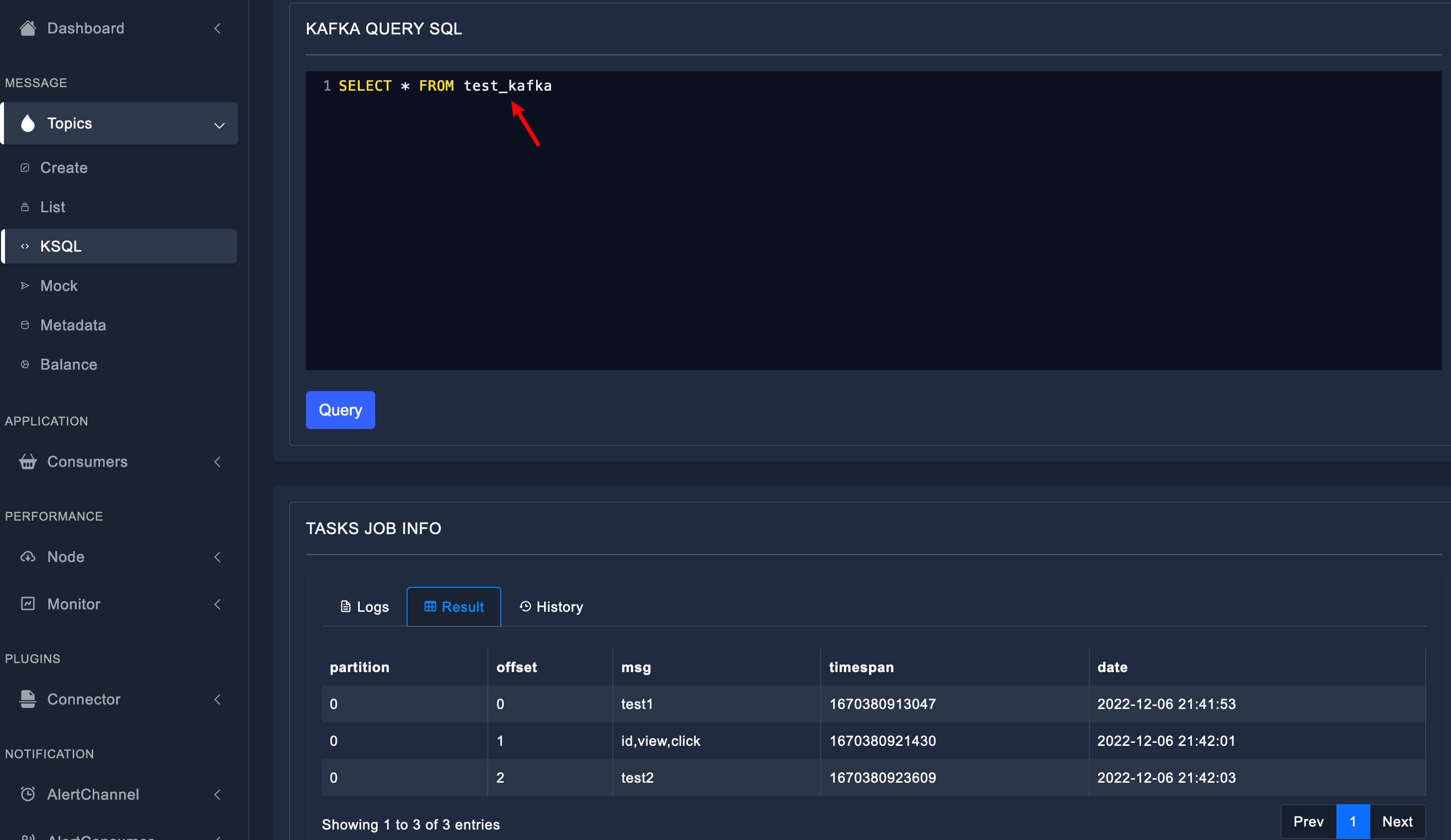
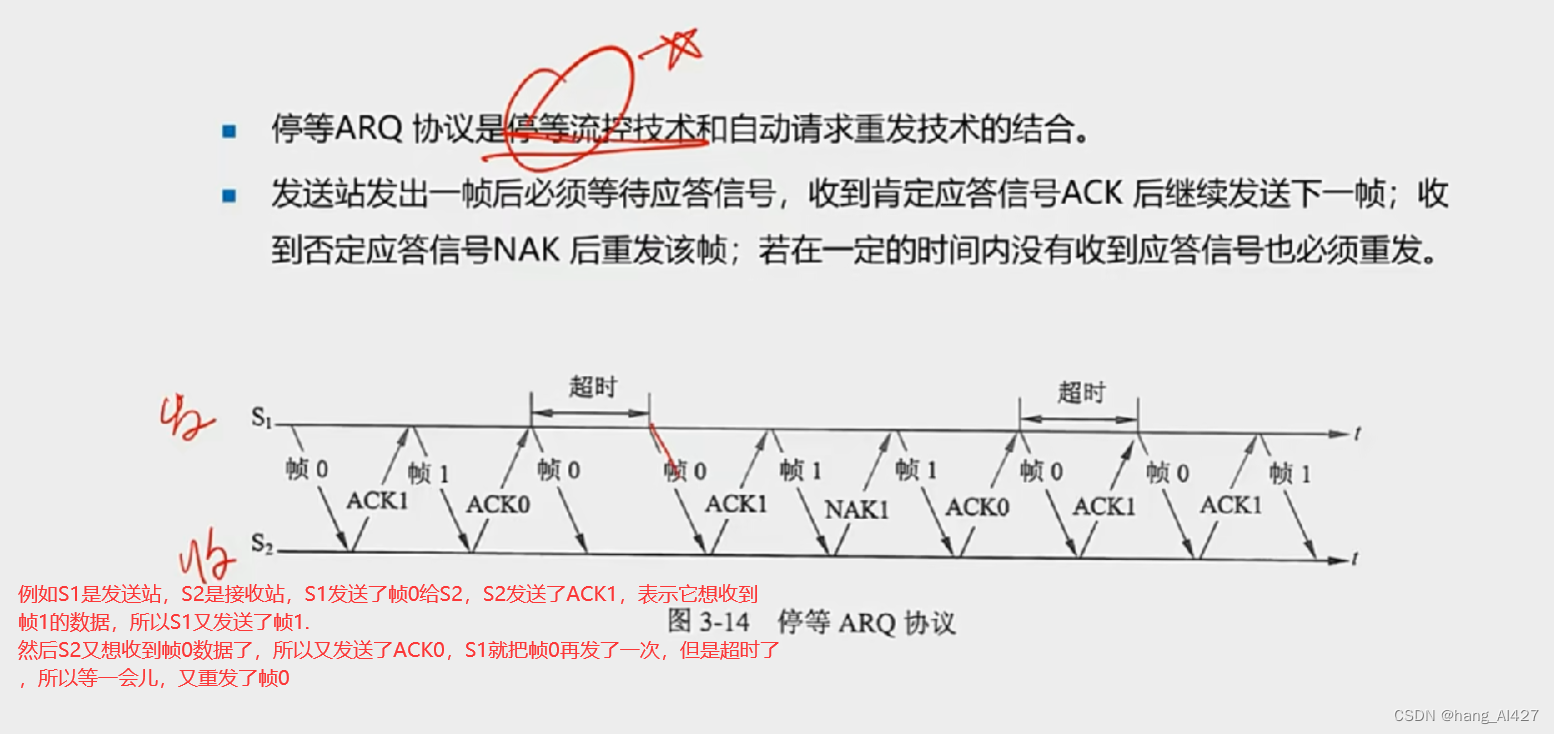

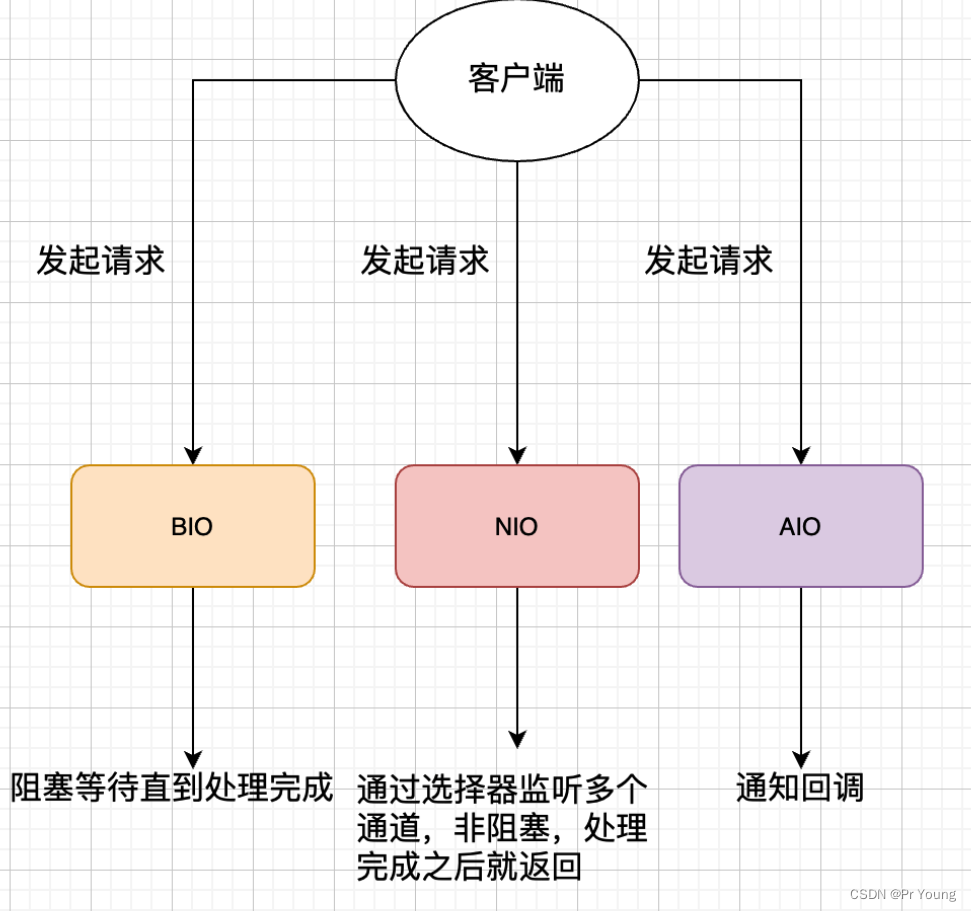
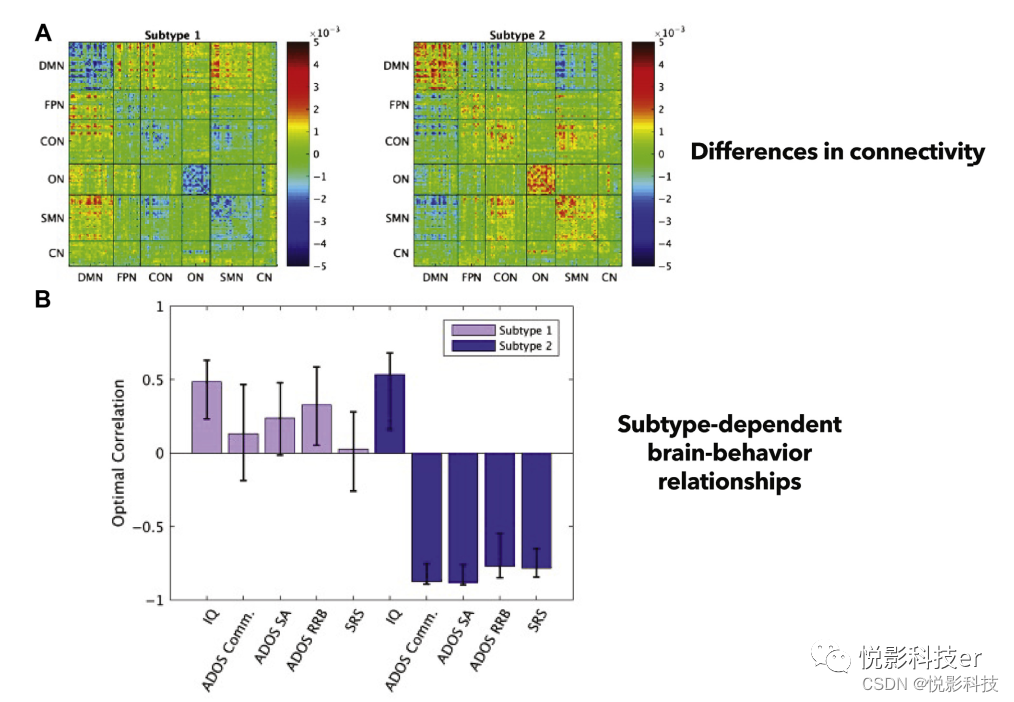
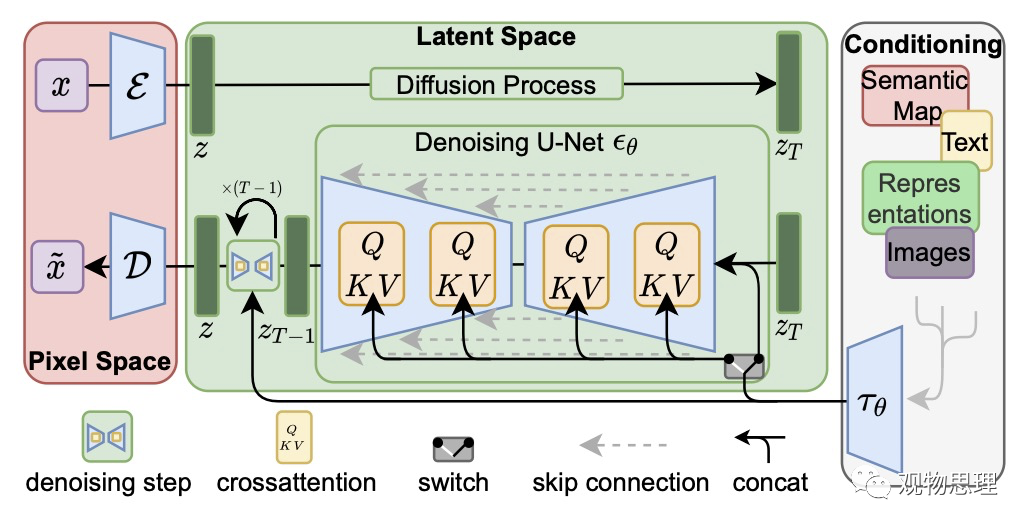
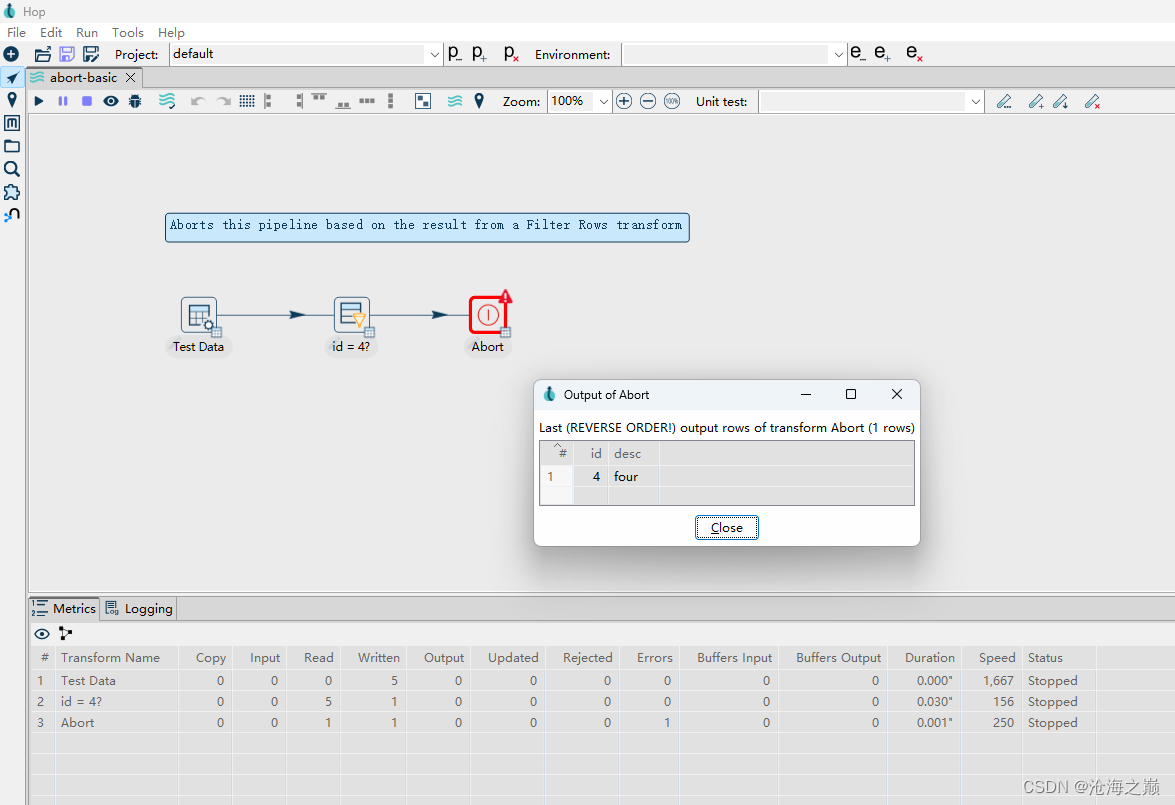
![[附源码]Python计算机毕业设计Django学生综合数据分析系统](https://img-blog.csdnimg.cn/a2ad5a21d26b4813989bc961f42e780a.png)

